Modern tech is treading some serious Torment Nexus territory
This is the tech sci-fi writers have been warning us about for decades.

As we stand in the wake of CES 2023, I'm expecting to witness the birth of many a Torment Nexus over the coming years. It's clear today's big tech companies are not only content with brushing aside the ever accurate predictions of science fiction writers, adopting brand names based on the very cautionary tales that once warned us about the products they're shilling (Meta, we're looking at you).
It's a fascinating phenomenon: watching consumers eat up the apparent irony. It may even be funny for some, but the moral implications of it all going wrong certainly aren't.
Tech has been a central topic for countless sci-fi horror narratives throughout the years. In an increasingly tech-dominated world, it's easy to see our most prominent cultural fears reflected in the chrome facades of artificially intelligent robots, or the glass panels of defiant smart home hubs.
With CES being the magnet that it is for neon-bathed, consumerist tech innovations, it's been easy to spot these fears becoming manifest over the past week. This year's event has been a hotspot for tech that's ignored the warning meme now permeating the web: "Don't create the Torment Nexus." The Torment Nexus being a concept that encompasses our growing concern that science fiction will continue to become science fact across the consumer market, with the phobias wrought by technological speculation turning palpable in the hands of money-hungry corporations.
Of course, the adoption of new technology will always awaken cultural insecurities, but when science fiction has predicted—with terrifying accuracy—some of humanity's most concerning technological foibles to date, it's no wonder that simply repeating the mantra: "they're only stories" no longer has the ability to assuage the masses.
As such, I felt it was important to collate some science fiction's newly manifested portents, so we can have a clearer picture of the kind of dystopian future we're now staring down.
"Authority, when first detecting chaos at its heels, will entertain the vilest schemes to save its orderly facade." - Alan Moore, V for Vendetta
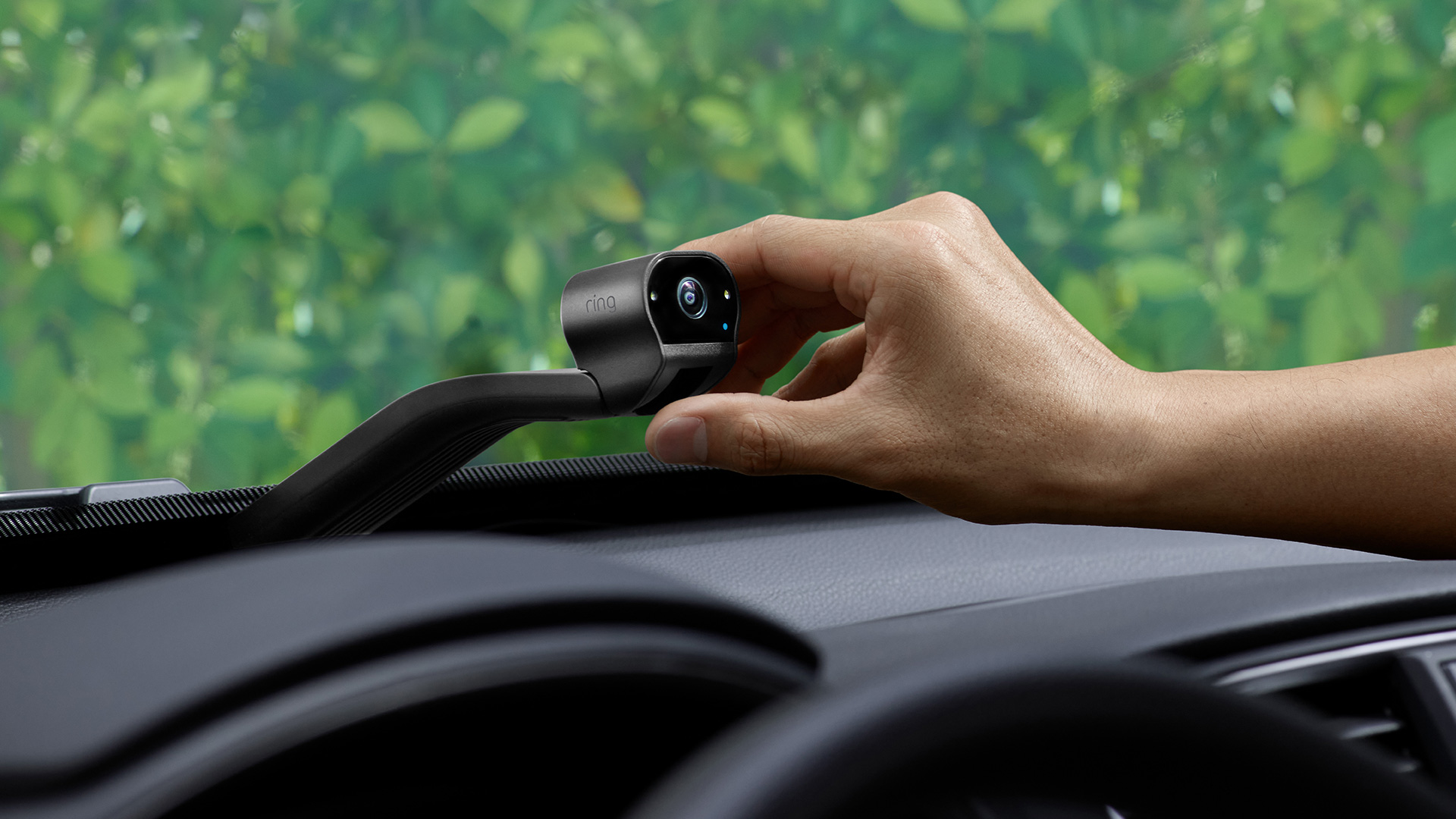
At CES 2023, Amazon's video doorbell makers Ring showed off a new and mobile way to keep an eye on your beloved vehicle with the Ring Car Cam. And while the concept of keeping your most prized belongings safe isn't in itself dystopian, CNET describes that Ring's police partnership has come under fire recently.
The biggest gaming news, reviews and hardware deals
Keep up to date with the most important stories and the best deals, as picked by the PC Gamer team.
The partnerships, of which there are hundreds across the US, only allow the authorities to request recorded video from Amazon Ring products—and homeowners have every right to deny these requests—but there's been a bit of an uproar from privacy advocates around the surveillance.
Of course, the purpose of the partnerships is to make it easier for people to provide evidence in the case of a crime having been committed. Whether this will one day turn into police having 24hr live-feed access to our smart home products for the purpose of suppressing the masses is unclear, though this is the vision many will default to in hearing the term "police partnership" when referring to their personal products.
"In wretched little lives like that, someone must intervene. Or at least mark their sad comings and goings." - Philip K. Dick, A Scanner Darkly
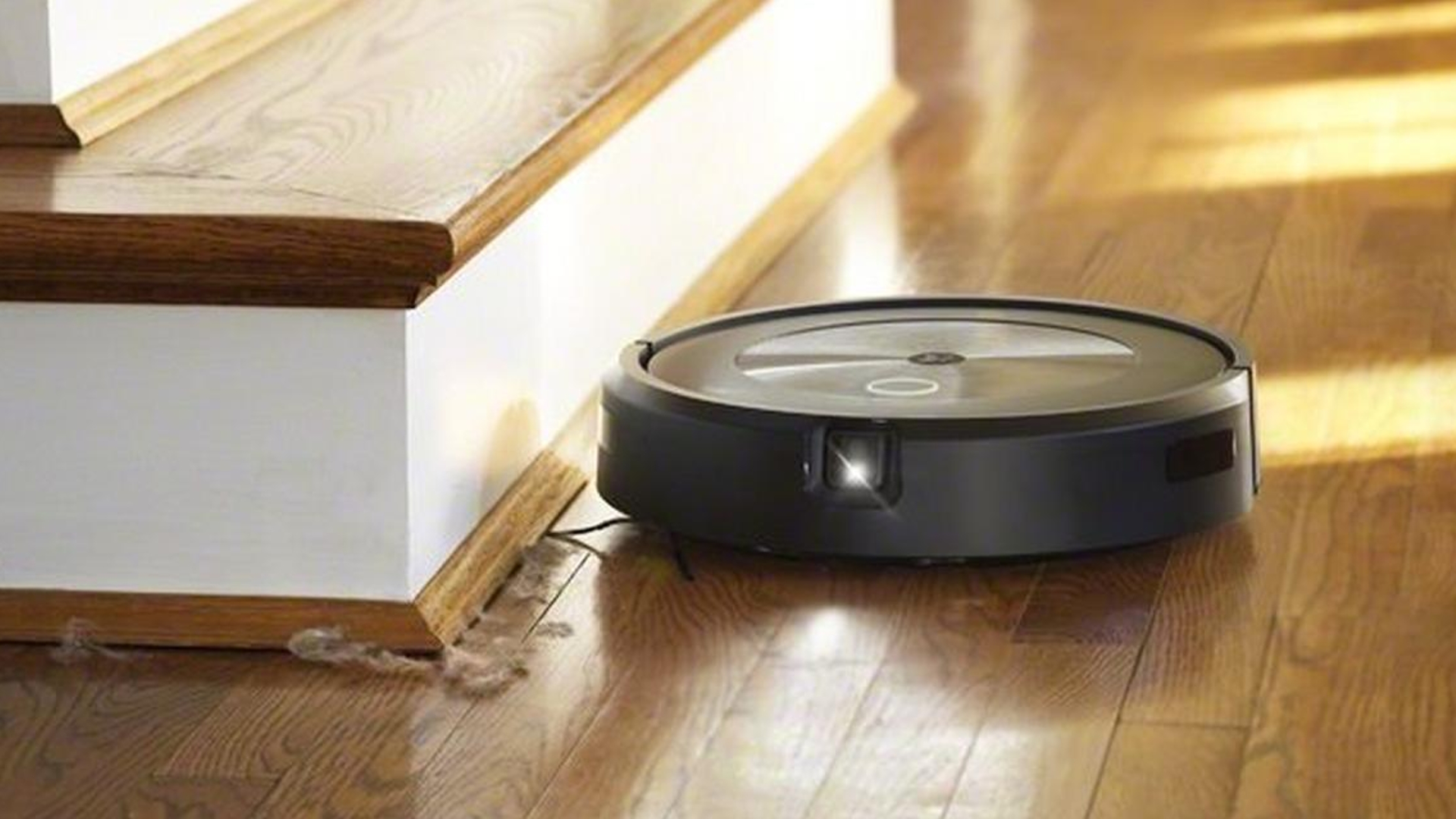
A sad going, indeed, when a company with access to your everyday life betrays your right to privacy. As MIT Technology Review details, at least two paid testers have complained that the iRobot's Roomba J series recorded them on the toilet, and in once case the images of a young woman actually ended up on Facebook. Non-anonymous and highly compromising, the images found on social media also included that of children—thankfully fully clothed ones, though this could easily have not been the case.
The images found on social media also included that of children.
While the users had agreed to share data in order to train the AI powering the machine, and had been warned that their every move was being recorded so they could keep the bots away from sensitive situations, the fact that data ended up shared in what MIT calls a "sprawling, global data supply chain" was the real issue. This gave foreign contractors access to easily screenshot the revealing images, and has raised some concerns around iRobot's lax handling of sensitive imagery.
While the original i,Robot novelist, Isaac Asimov, may not have predicted smart machines sharing images of pooping users and their children, one of his character's musings now rings out the truer: "A child just isn’t made to be guarded by a thing of metal."
"The people didn't look real, their voices weren't real." Charlie Brooker, Black Mirror ep. Be Right Back
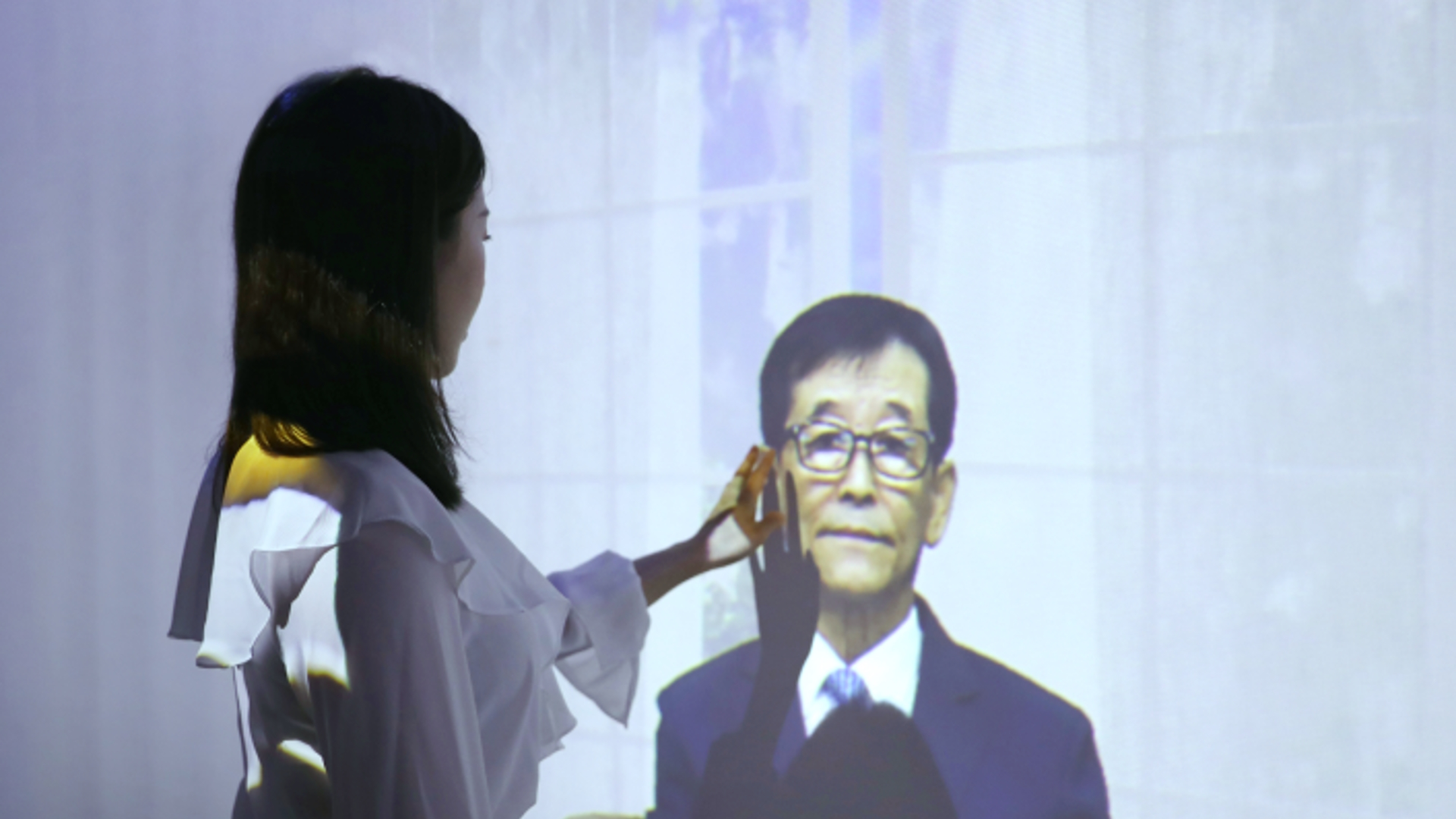
What would a terror-inducing post about technological innovation be without the mention of a Black Mirror episode? Of course, the tech is always designed with good intentions, but much like season one's Be Right Back episode, some companies essentially intend to profit from grief. DeepBrain AI came with re;memory a few years back, and we've been loath to give it any coverage for that reason. Finally this feels like an appropriate list to include it in.
it may not be healthy to keep in contact with a soulless facsimile of a lost loved one.
What we're looking at here is an app that promises continued bonds with deceased loved ones through the power of an AI chat bot. It looks and sounds like your late grandmother, father, brother, and gives you one last chance to hear their voice. While it may sound sweet to some, remember that it may not be healthy to keep in contact with a soulless facsimile of a lost loved one.
In another instance, we've seen companies like StoryFile using AI to bring the reflection of a loved one's personality back for a final word at their funeral. And while both examples play into the whole "AI is evil" trope, please consider that it's the humans selling it that should be held accountable.
"You had to live – did live, from habit that became instinct – in the assumption that every sound you made was overheard, and, except in darkness, every moment scrutinized." - George Orwell, 1984
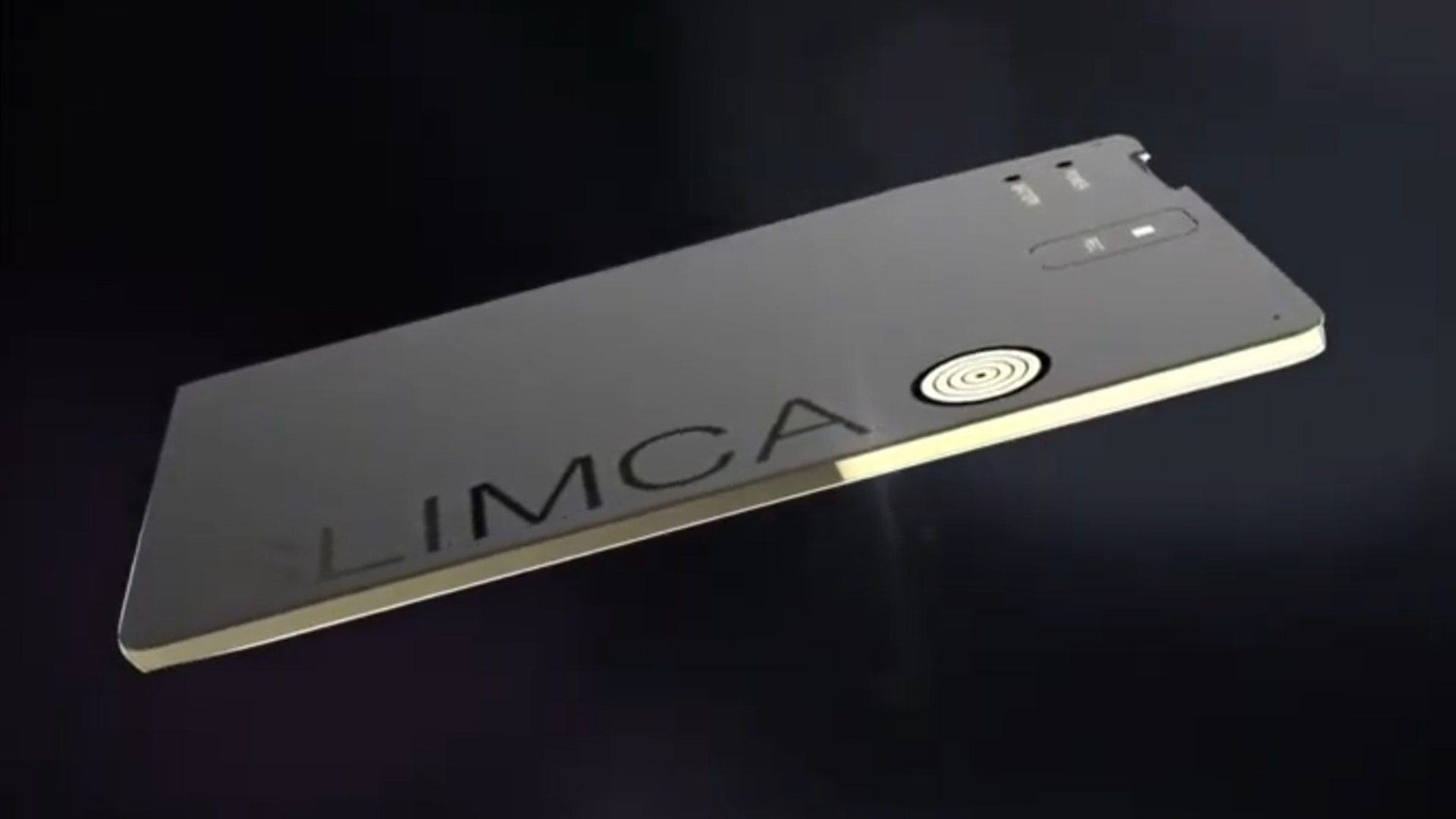
Innovation award honoree Slimca, a bank card-shaped recording device by Artificial Intelligence CO., LTD, has managed to bring us the "thinnest voice recorder on the current market." At just 2mm thickness, the product has the ability to record people up to five metres away, and sync wirelessly to your smartphone so you can start recording without taking out your wallet.
Essentially, it's a bug, a wire for covert operations, one that's made to "protect personal rights, and claim individual equality."
Of course, it could be an incredibly useful, portable form factor for anyone planning to record interviews and conversations, though generally if you plan to do so openly there should be no need to hide your recording device in your wallet.
"You can't sell drugs in the Metaverse, because you can't get high by looking at something." - Niel Stephenson, Snow Crash
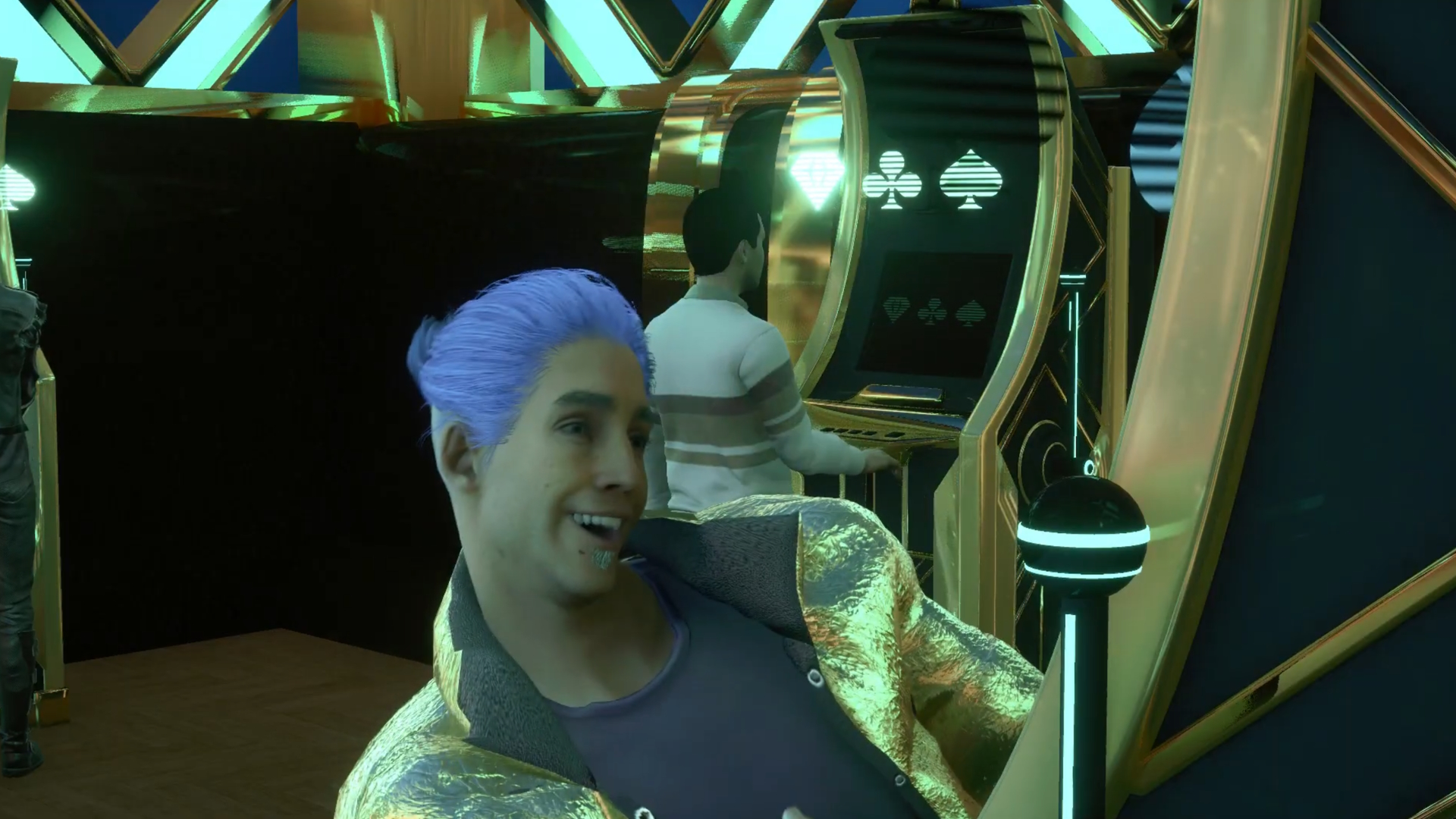
Perhaps you can't get high by looking at something, but you can sure as hell get high on Crypto gambling. Niel Stephenson, the man who birthed the term Meaverse, also predicted cryptocurrency as a concept in his 1992 novel Snow Crash, and with Clover Gaming at CES 2023 bringing us the likes of Cloverland—an immersive Crypto Casino situated in the Metaverse—it's easy to see where people will be going to get off on gambling in the future.
It's a marriage made in heaven, a highly unstable investment venture given a forever home within the twin temples of chance and disappointment.
No need to worry about betting shop opening times, or travelling all the way to the giant tourist trap that is Las Vegas. If you've got yourself a Meta headset, just pop it on and link it up to your crypto wallet.
"Mother’s not what you think. She’s taken care of me my whole life." Michael Lloyd Green, I am Mother

Entrusting your child to an artificial intelligence may sound like the beginning of a nightmare sci-fi horror, but this is the angle many companies have taken over CES 2023. AI toys such Cati the fluffy AI dino, by Catius Inc., could form a solid part of the next generation's upbringing.
Products like these will undoubtedly have many concerned over the content youngsters will end up exposed to. We've all seen what artificial intelligence can turn into when trained on the shitshow that is the internet, and although it doesn't seem that this is the case here, there's plenty of other things to keep people on their toes, not least: the potential to encourage what some would deem lazy parenting.
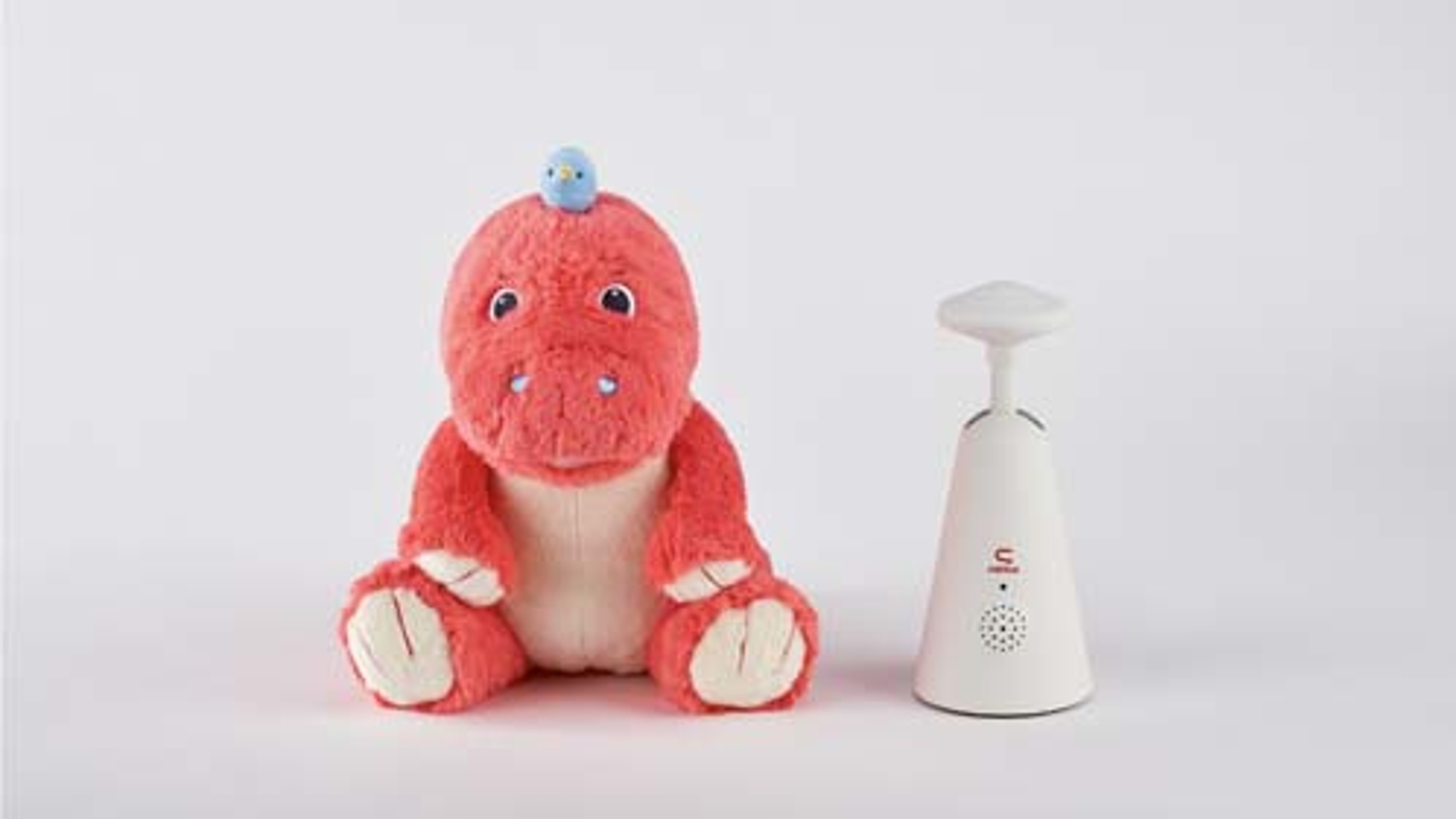
Cati "analyzes speech data and reports back to parents when finding something new or special about a child." No longer will parents be lumped with the arduous task of actually paying attention to their child. They can simply scroll through a recap feed after a long day of ignoring their spawn, instead.
In a similar vein this AI stroller from GluxKind has the potential to free up your hands while you walk along with baby in your arms, but with all the fears over smart vehicles still permeating the AI discourse, I can see a lot of those worries surfacing here.
Remember, kids, just because something shows a caring side, doesn't mean it can't bring about the downfall of mankind.
"You wouldn't abandon ship in a storm just because you couldn't control the winds." - Sir Thomas Moore, Utopia
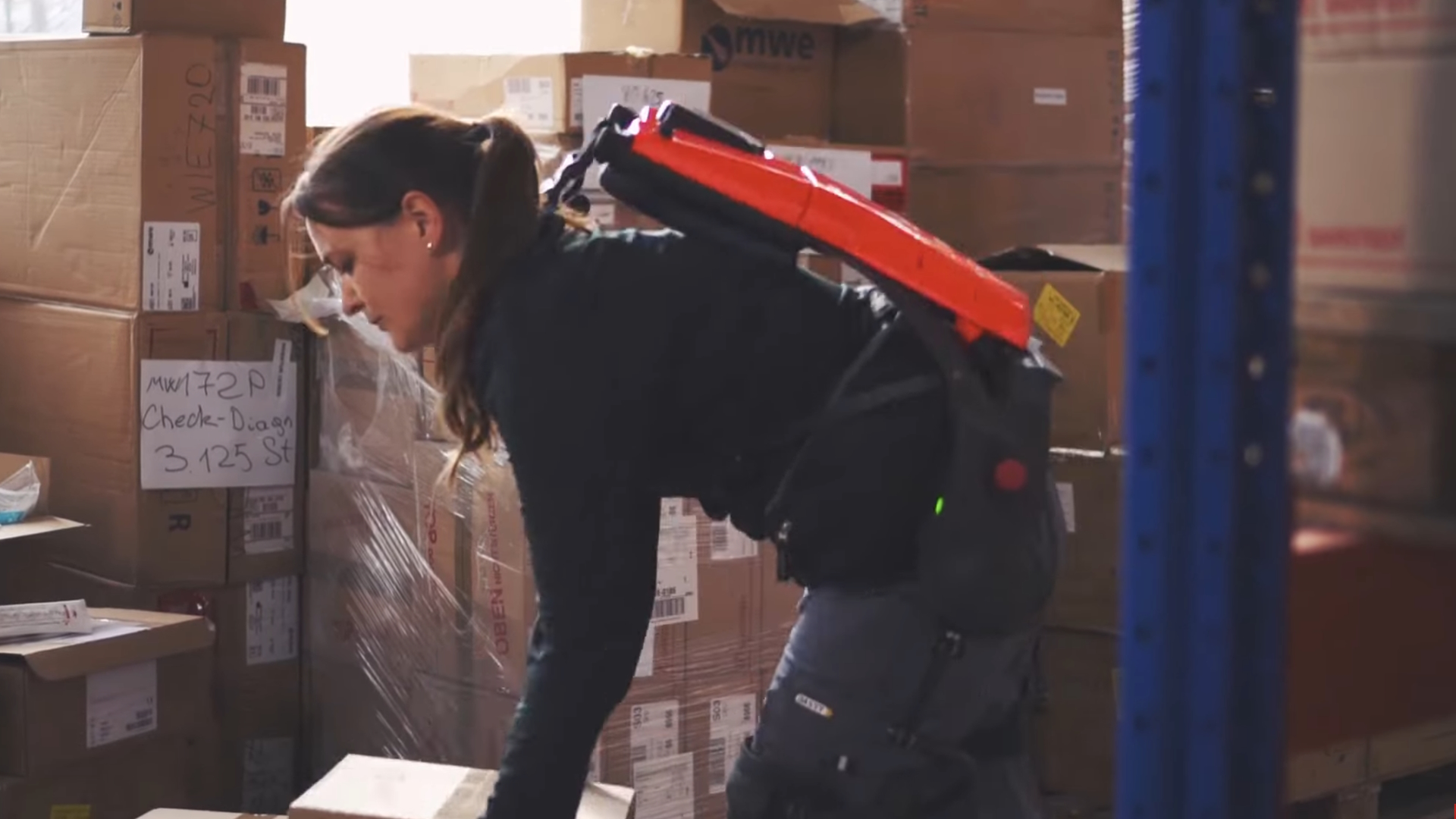
Despite all the fear mongering, the worry over where certain tech is leading us, we have to recognise the practical innovations coming out of tech events like these. Of course, much of the above is meant in jest, and there are still plenty of products that could see us creating a genuine utopia, or at least alleviating some of the horrors the future might bring.
Imagine powerhousing our way through factories using the Cray X, winner of the Best of Innovation award by German Bionic Systems GmbH. These powered exoskeleton devices look like actually viable (and much less menacing) load lifters from the Aliens series, and are set to "make manual handling jobs safer and thereby more appealing and inclusive." A noble goal, which until a situation like that of Wallace and Gromit: The Wrong Trousers ensues, we're sure to get some good use out of tech like this.
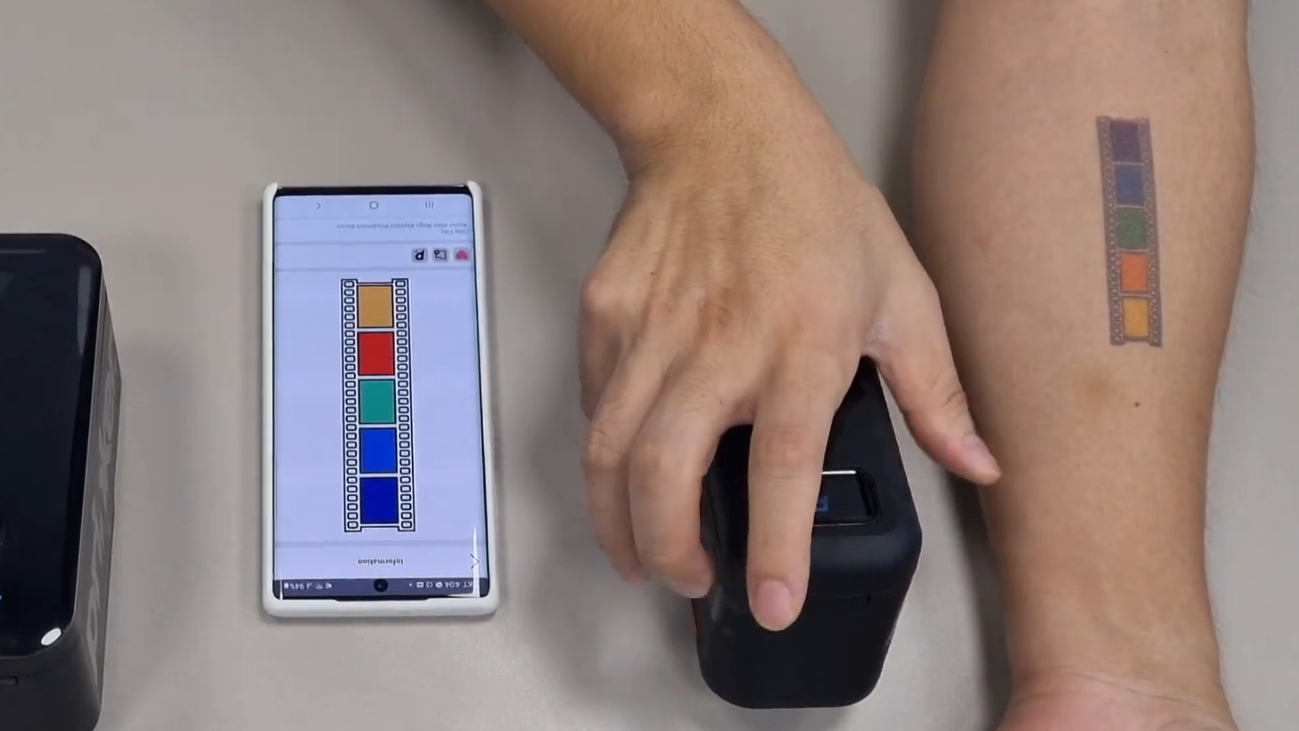
On a more aesthetic level, the Cyberpunk-stylistas among us will no doubt enjoy the fast, digital tattoo printing of the Prinker M, by Prinker Inc. Not only is it portable, it can also "display any design on skin in both black and colour; or dye your hair with any colour you want."
Quite the feat, and it could be the start of a style revolution if it's as water resistant as it claims. At least we can look good while the world burns around us, hey?

Screw sports, Katie would rather watch Intel, AMD and Nvidia go at it. Having been obsessed with computers and graphics for three long decades, she took Game Art and Design up to Masters level at uni, and has been rambling about games, tech and science—rather sarcastically—for four years since. She can be found admiring technological advancements, scrambling for scintillating Raspberry Pi projects, preaching cybersecurity awareness, sighing over semiconductors, and gawping at the latest GPU upgrades. Right now she's waiting patiently for her chance to upload her consciousness into the cloud.

